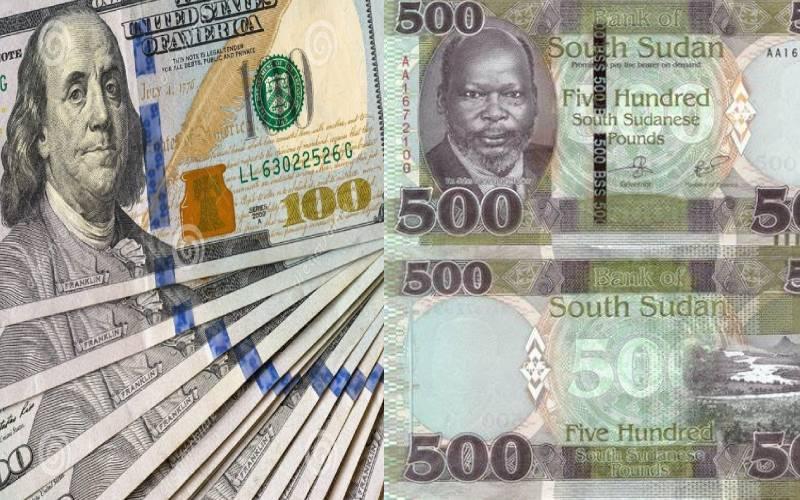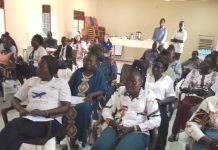Africa-Press – South-Sudan. The weakening South Sudanese pound against the US dollar, which has fueled a rapid rise in commodity prices, has condemned most consumers to living from hand to mouth.
The instability of the exchange rate has been blamed on the failure of the Central Bank to revert to a fixed exchange rate policy to address the problem. But from the perspective of the economists, it could be too late to shed the floating exchange rate and revert to the fixed one.
The economists argued in an interview with The City Review that the country does not have reserves to save the struggling economy.
The head of the Department of Economics at the University of Juba, Morris Madut, said the solution is to increase local food production and improve the local capacity for the country to make enough dollars from exports.
“It is not about the exchange rate regime that we are using that matters, whether fixed or floating,” he said.
“Even when you say you want to fix it, it will create even a more complicated black market, a parallel market,” Madut argued.
“The root cause is low local productivity; we have seen that we are not able to export more so that we earn the needed hard currency. That puts too much pressure on the locally available dollars because a lot of people want to use them to import goods and services with the oil proceeds.”
“Make money”
Dr. Abraham Maliet, the economic advisor for the economic cluster, advised that the first step to fixing the economy and the exchange rate was for the ministry of finance and the Bank of South Sudan to start making money instead of only spending.
“Well, if somebody wants to do the fixed exchange rate, you must have something to fix. The dollar now is at a loss, so you cannot fix it; we don’t have it,” he said.
“The first thing that needs to happen is that the Ministry of Finance and the Central Bank must make money first before they fix it,” Dr. Maliet said.
“I am not into fixing before we assess how much money we need on a daily basis to run our economy. The government has to get out and look for money; money cannot come. The ministry of finance should be money-making, not money-spending.”
He called for the government to review tariffs for importing certain goods like tomatoes and onions, which could be produced locally.
“The government should review the tariff on these things; you cannot bring tomatoes from Uganda and onions from Uganda and then think that you take the dollar. When you bring these from the border, they are actually not taxed. They get it for free, yet they are charging the dollar,” he explained.
“But this difference between the dollar of taxation and the dollar of importation should be considered. So, I am telling people that it is not easy to fix without ascertaining how much money you need to fix it. So, fixing is not a solution.”
Depreciation
The US dollar is now being sold at SSP 100,000 per $100, while in the black market, it sells at SSP 101,000 to SSP 102,000 per $100.
Weeks ago, the Bank of South Sudan (BoSS) cancelled the auctioning of dollars to commercial banks and the forex bureau, citing irregularities from commercial banks and forex bureaux.
However, on Wednesday, the bank announced that it was reconsidering its decision and started the auctioning of dollars on Thursday to eligible commercial banks and forex bureaux.
Source: The City Review
For More News And Analysis About South-Sudan Follow Africa-Press






